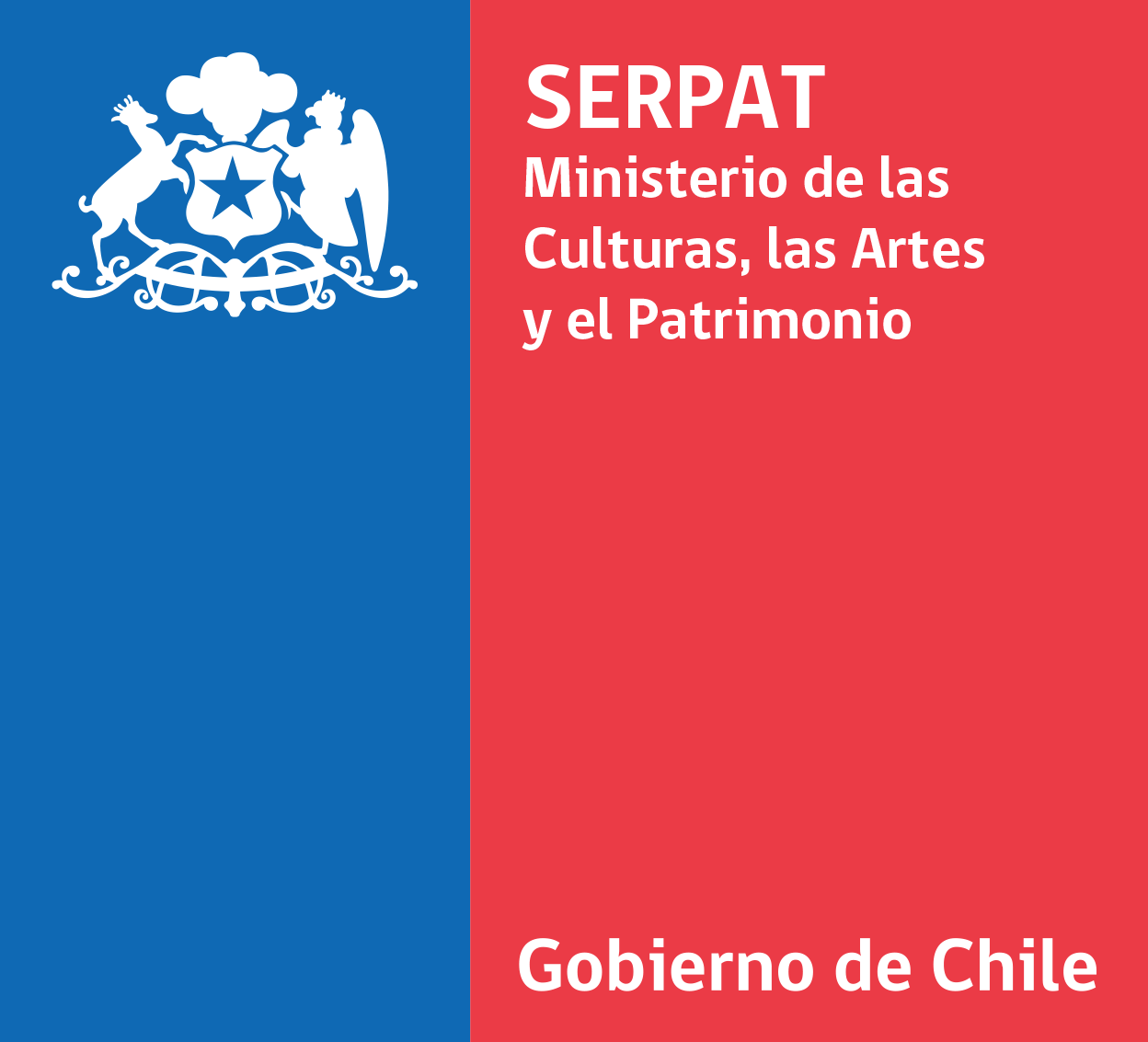
XI International Seminar on Intangible Cultural Heritage Environment and Natural Resources in Relation to ICH
Since 2011, the International Seminar on Intangible Cultural Heritage has been organized and carried out by the National Subdirectorate of Intangible Cultural Heritage of the National Heritage Service in Chile. This event has become one of the most important spaces for reflection, debate, and dissemination in both Chile and Latin America,addressing diverse topics related to Intangible Cultural Heritage.
The 2023 edition of the seminar holds special significance for Chilean and international contexts, as it marks twenty years since the approval of the Convention for the Safeguarding of Intangible Cultural Heritage on October 17, 2023 during the 32nd UNESCO meeting held in Paris. Chile ratified the convention on December 10, 2008, committing the Chilean State to recognizing and promoting the safeguarding of Intangible Cultural Heritage. The eleventh edition of the International Seminar aims to create a space for reflection that highlights the relevance of this norm, characterized, among other things, by incorporating the environment, sustainable development, and natural resources as areas of significance and interest for Intangible Cultural Heritage.
This year’s International Seminar on Intangible Cultural Heritage will focus on exploring the existing interrelationship between Intangible Cultural Heritage, the environment, and natural resources. To do so, various topics will be addressed, including traditional practices of raw material extraction and use, the relationship of communities with their natural environment, the impact on certain territories due to climate change, and the various threats affecting the natural environment and access to natural resources. Additionally, discussions will cover biodiversity conservation, the impact of water scarcity, and the sustainability of artisanal techniques, among other topics. Addressing these issues with Intangible Cultural Heritage as the focal point is particularly relevant today, as Chile and the world as a whole face various transformations resulting from climate change, environmental degradation, and indiscriminate use of natural resources.
Finally, it is important to note that for the National Subdirectorate of Intangible Cultural Heritage, it is a source of satisfaction to be able to converse, debate, and exchange knowledge and experiences with various stakeholders in Intangible Cultural Heritage. We hope that this year’s gathering will contribute to consolidating the International Seminar on Intangible Cultural Heritage as a space where the diverse identities, knowledge, territories, communities, and expressions of Intangible Cultural Heritage are highlighted.
